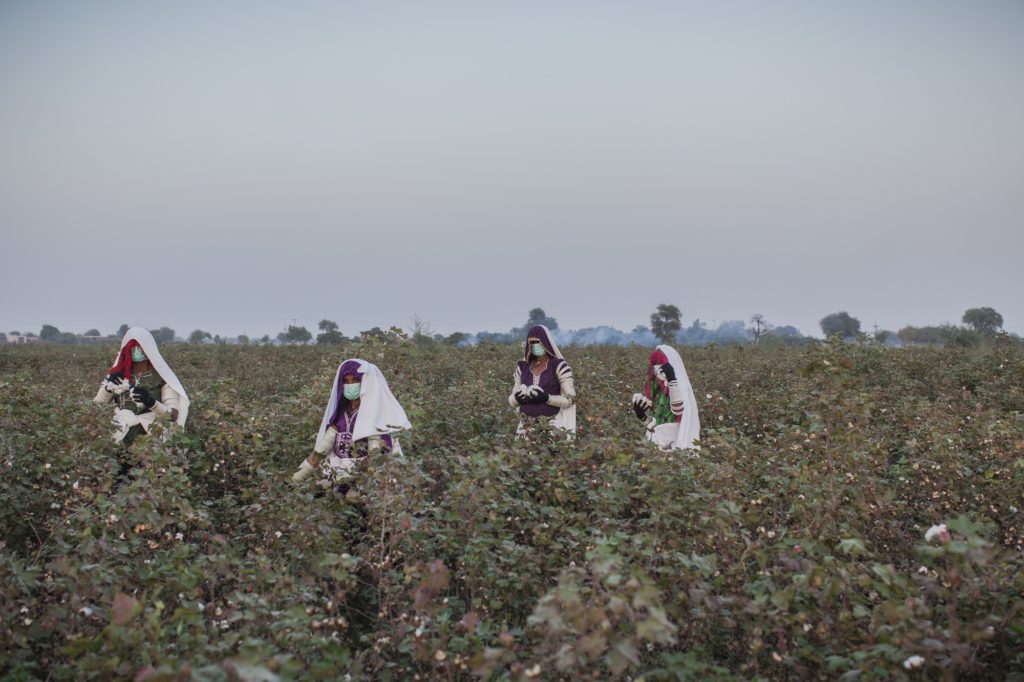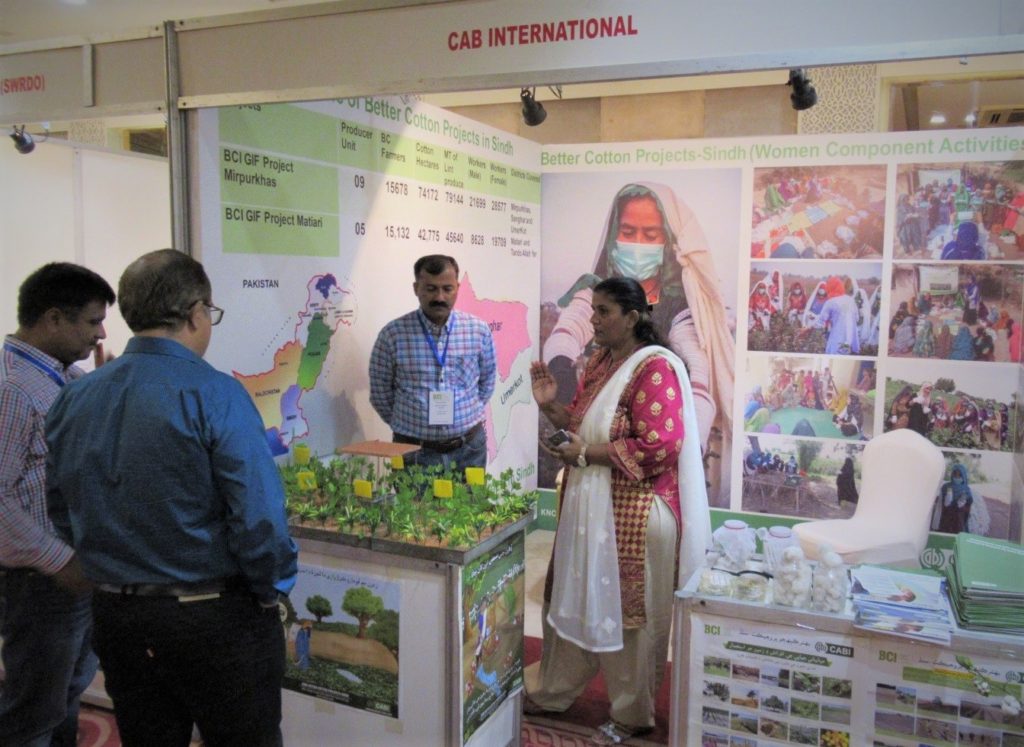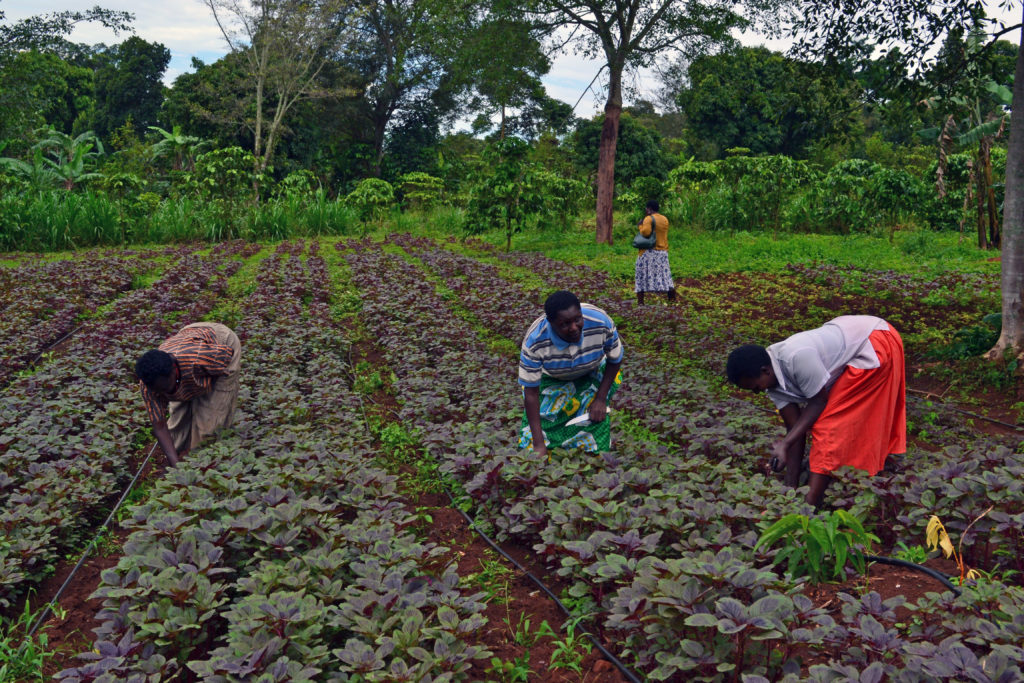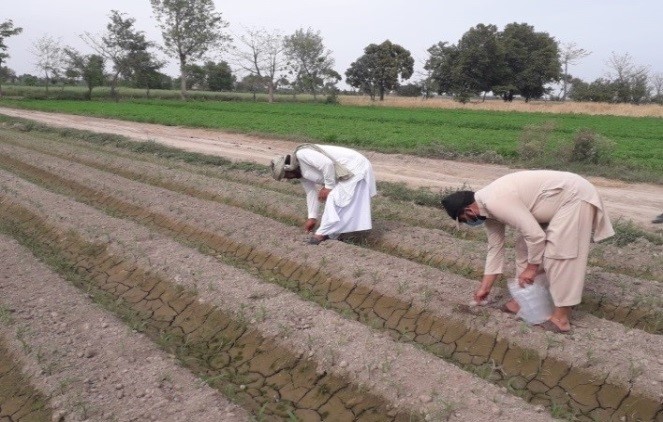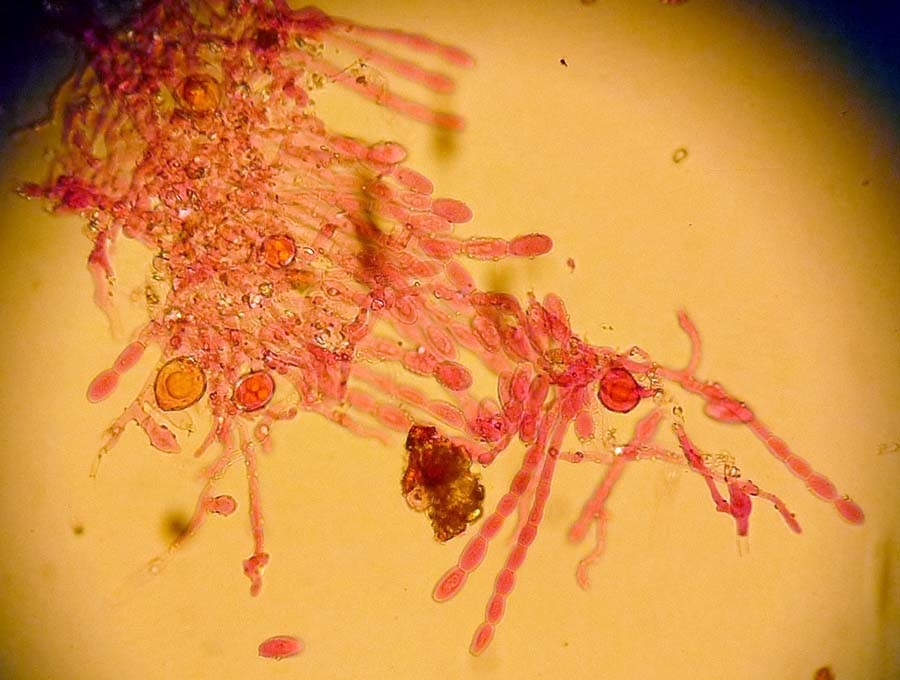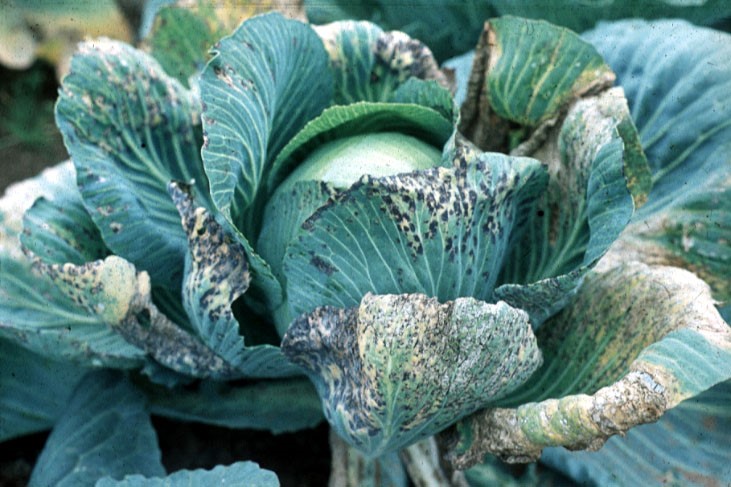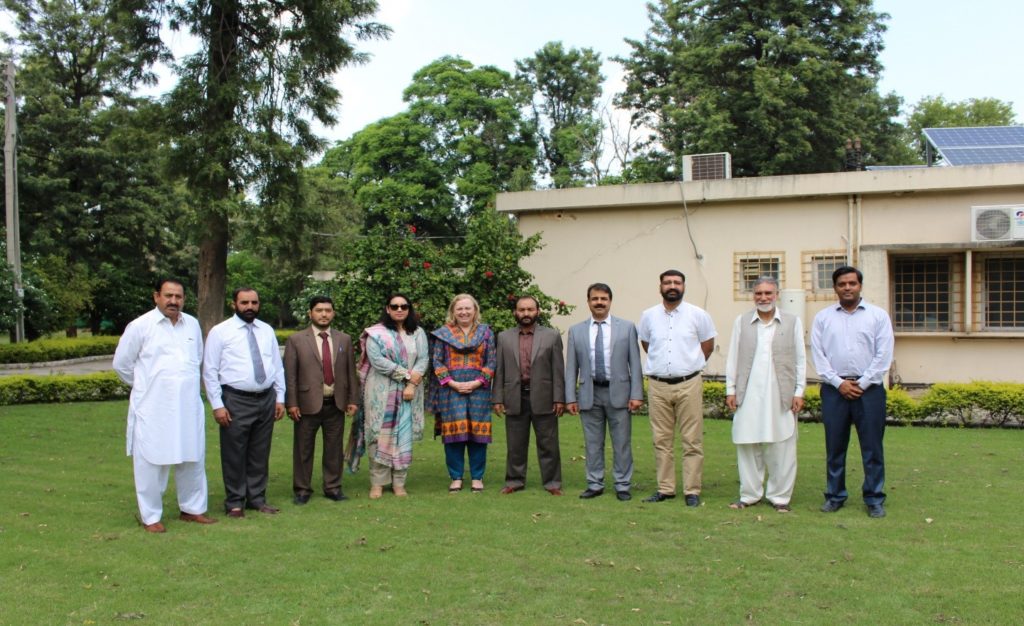Striving for Organic Agriculture Policy and Non-GMO Seed Multiplication in Pakistan
Around 25 million agricultural workers in developing countries suffer from pesticide poisoning each year – including a significant number of women, says the World Health Organization (WHO). The presence of pesticides in food items and their accumulation in tissues has direct toxic effects on humans and other non-target organisms. There are serious ecological and environmental…
Cotton farmer reveals the benefits of sustainable pest management strategies in Pakistan
A cotton farmer from Pakistan has revealed how support from CABI, as part of the Better Cotton Initiative (BCI), is helping her implement more sustainable pest management strategies to protect her crops and produce higher and more profitable yields.
Bursary improves cross-CABI collaboration for more effective international development work
A strength of CABI is its work on a global scale addressing global and local problems in agriculture. CABI can rely on its network of experts among various CABI centres, laboratories, project offices in many countries and world regions. To maintain this strength, a CABI Development Bursary was created to aid new experts to visit…
How African Indigenous Vegetables production in Uganda revealed empowered women but struggles in the private sector
African Indigenous Vegetables (AIVs) are a good source of essential vitamins and minerals including micro-nutrients, supplementary protein, fibre, and calories. However, despite their nutritional value, these vegetables have not been a high priority in food programmes. As a result, adequate resources have historically not been allocated to promote their production and consumption. This compounds the…
Field trials of biocontrol product are paving way for aflatoxins control in Pakistan
By Dr Sabyan Faris Honey, CABI, and Deborah Hamilton, USDA CABI as lead implementing partner along with its technical partner, Pakistan Agricultural Research Council (PARC) is working on a public-private partnership program led by U.S. company, Ingredion and its Pakistani subsidiary, Rafhan Maize to protect health and nutrition of Pakistan’s citizens by keeping food supply…
Food for thought: Fungal biological resources to support international development – challenges and opportunities
At first glance it might be hard to see how the exploitation of microbes, especially fungi, can have the power to help humanity meet the UN’s Sustainable Development Goals (SDGs), feed the world’s growing population and improve the bioeconomies of poorer nations. But a team of international scientists from CABI, the Westerdijk Institute and the…
Remembering Anthony Johnston – former Director Commonwealth Mycological Institute
By Dr David Smith, Director Biological Resources at CABI It was sad to hear of the passing of Anthony Johnston, a plant pathologist and former Director of the Commonwealth Mycological Institute (CMI) 1968-1983. He is fondly remembered by his colleagues, some of whom are still working at CAB International (originally CAB – Commonwealth Agricultural Bureaux) which…
Improving disease resistance in Kenyan crops
By Dr Charlotte Nellis, (NIAB EMR, UK) It is estimated that globally two billion people suffer from deficiencies in essential vitamins and nutrients, termed ‘hidden hunger’. Sub-Saharan Africa has a number of countries that have high levels of hidden hunger, including Kenya, which is ranked 2nd and 17th worst in Africa and the world, respectively.…
CABI hands over Phytosanitary Risk Management Programme (PRMP) to provincial stakeholders in Pakistan
By Umair Safdar, Communication Development Executive, CABI Central and West Asia (CABI CWA), Rawalpindi CABI in Pakistan implemented a USAID/USDA funded project ‘Phytosanitary Risk Management Programme in Pakistan (PRMP)‘ from 2014 to 2019. CABI’s scientific team upgraded the infrastructure at the relevant provincial agricultural departments and strengthened the capacity of Pakistan’s current agricultural system so…


